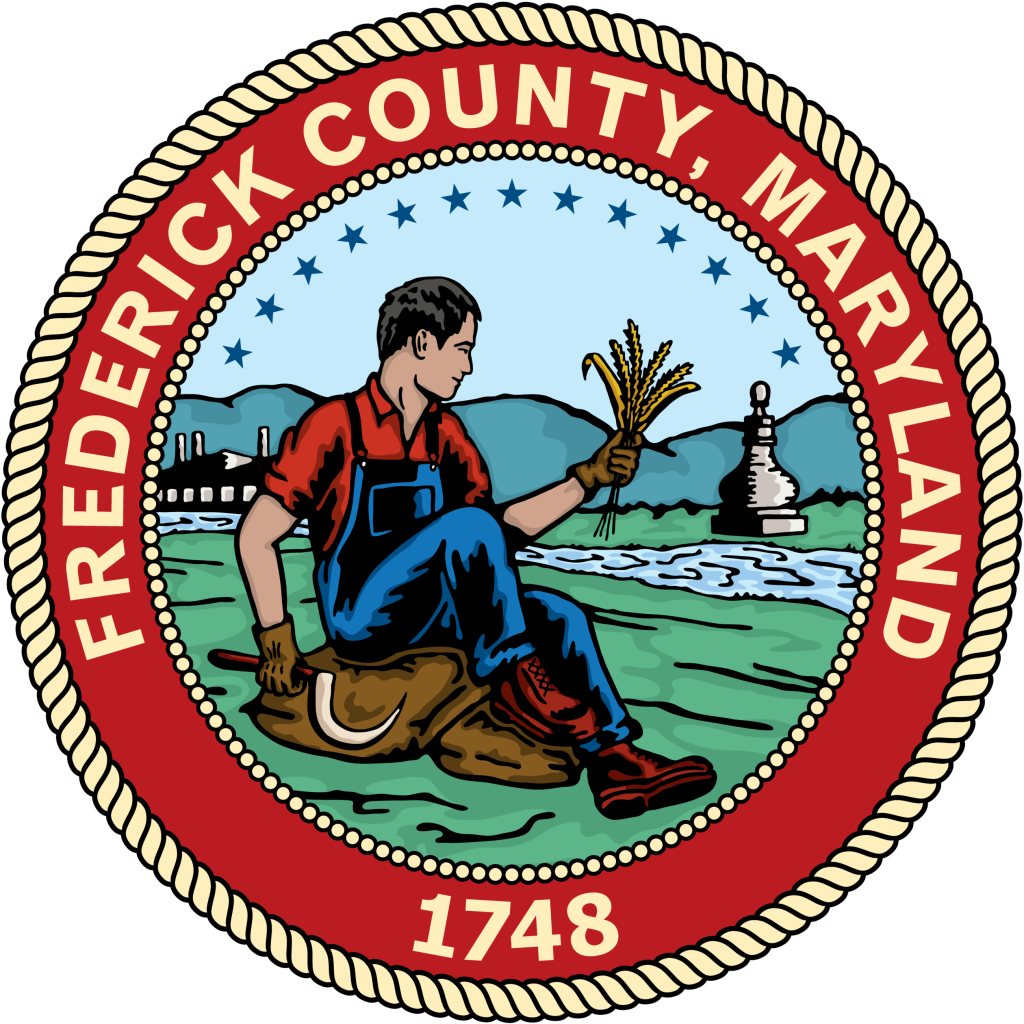It says the Frederick County Council has the final say on how to spend taxpayer money.

Frederick, Md (KM) In addition to candidates for such positions as County Executive, County Council, Sheriff and Board of Education, Frederick County residents will be deciding on referendum Question A this year. That says the County Council has the final say on how to spend local revenues, including the funding of the budget because its members are elected by the citizens. .
Chief Administrative Officer for the County, Rick Harcum, says voting “yes” on this referendum question would assure that the Council makes the decision on how to spend the revenue taken in by the County, and that includes any binding arbitration agreement with the career fire fighters. “We believe that the voters really do want their elected Councilmembers to retain control over the budget, and therefore the taxes needed to support the budget,” Harcum says.
“if you vote no for Question A, what you’re saying is you don’t want your elected Councilmembers to have control over your budget. And as a result, they may have to enact tax increases or cut other things as an offset because we have to have a balanced budget,” Harcum continues.
The International Association of Fire Fighter Local 3666 is urging residents to vote “no” on Question A.. In a mailer, it says a “yes” vote would inserts politicians into emergency services, “which put the lives of your fire fighters at risk.” It further says fire fighters should have a voice when it comes to decisions on public safety, particularly decisions which put their lives at risk.
In a 2018 referendum question, citizens voted in favor of granting binding arbitration to the IAFF when it comes to negotiating a contract with the County.
But Harcum says this referendum is not about the IAFF. “We love the fire fighters and fully support them,” he says. “It’s about treating all of our public safety employees–fire fighters, deputies and 911 call takers—fairly and equally.”
Sheriff’s deputies and 911 call takers do not have binding arbitration when an impasse is reached in contract negotiations.
Harcum says funding of any contract, whether it results from binding arbitration or not, depends on how much revenue the county takes in. He says if citizens vote “no” on Question A, that could mean the County Council would have to initiate funding cuts to pay for an agreement reached through binding arbitration; and that could include pay and benefit reductions for sheriff’s deputies and 911 call takers. “If that’s unacceptable, then we have to find cuts somewhere else. So it rolls to other priorities. Then we have to cut back on schools, or ag preservation, senior services, snow plowing, road work, you name it. Something has to be cut to fund that arbitration award for the fire fighters,” he says.
And that could set some emergency workers against each other. “If Question A is defeated, the fire fighters have a leg up and the playing field is suddenly unleveled,” says Harcum. “As an employer, we’re trying to be fair and we’re trying to treat everybody equally, and we don’t want one group to have power over another group.”
For those who didn’t exercise their civic duty during early voting, or sent in a mail-in ballot, general election day is Tuesday, November 8th.
By Kevin McManus